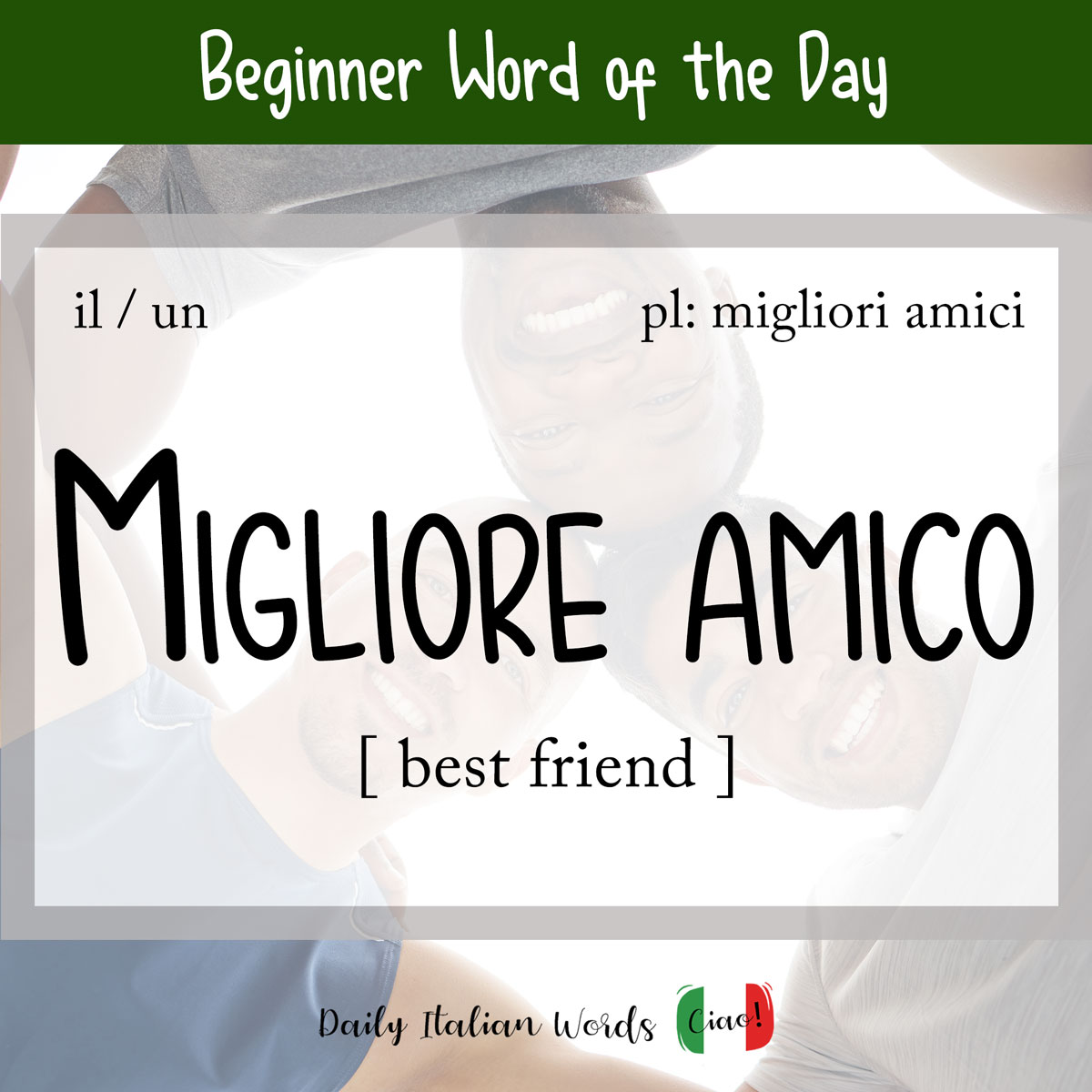Italian Word of the Day: Sopravvissuto (survivor)
Sopravvissuto, the word for survivor in Italian, comes from the verb sopravvivere meaning to survive. It is formed of two parts: sopra (above) and vissuto (past participle of vivere ‘to live’). If you are talking about a woman instead of a man, the masculine sopravvissuto becomes the feminine sopravvissuta. Their respective plurals are sopravvissuti and …






